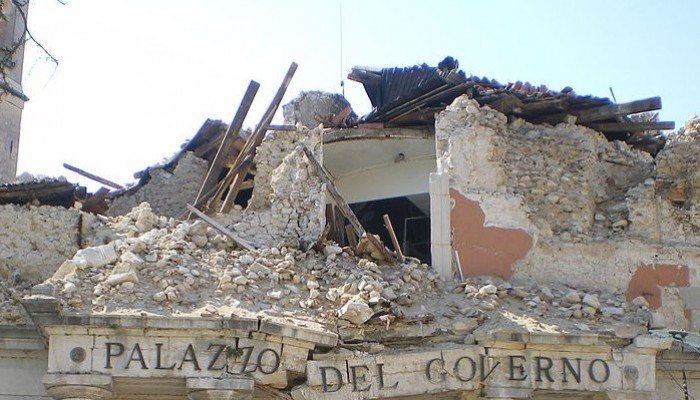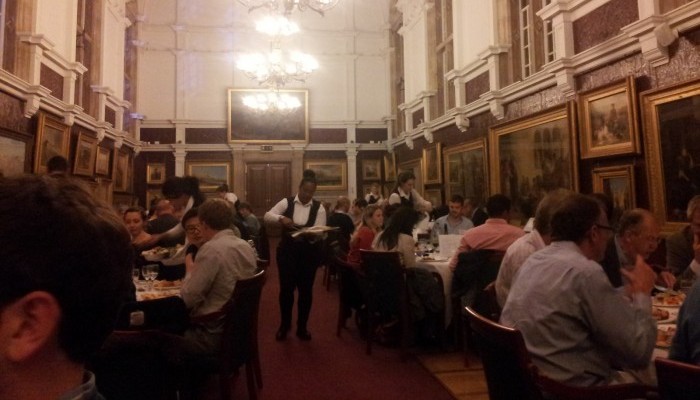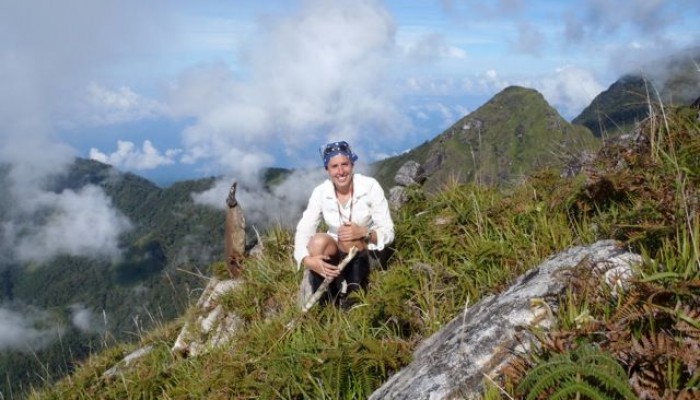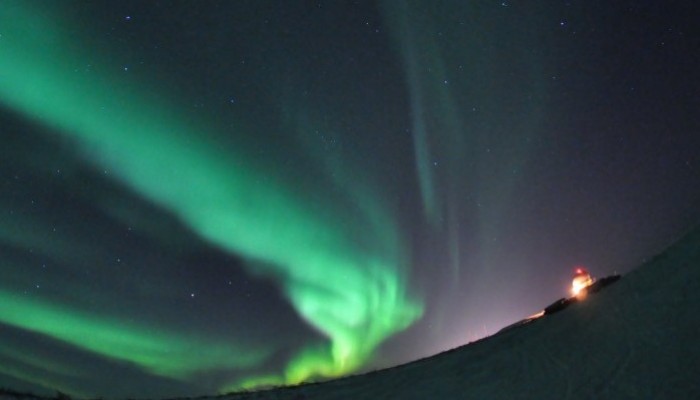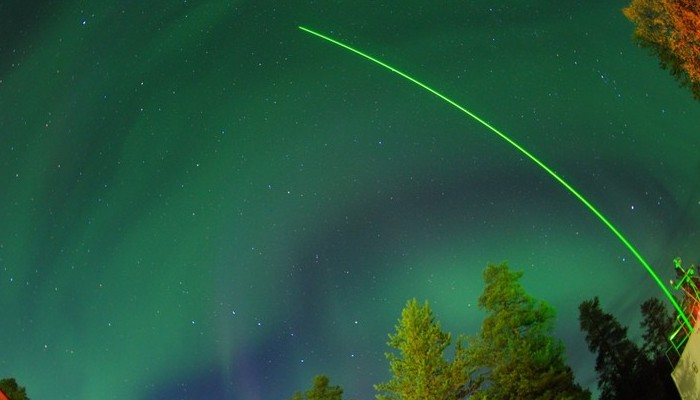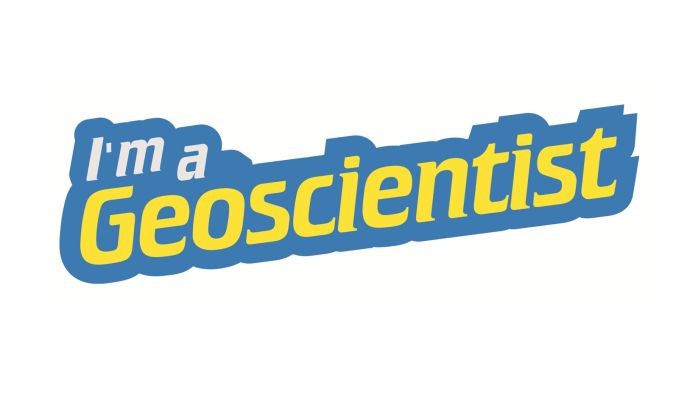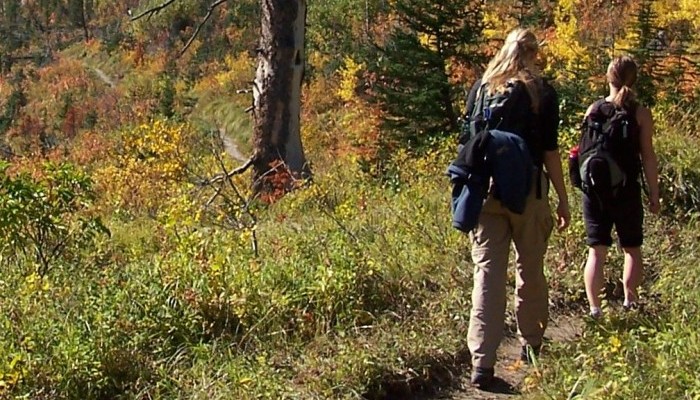In this month’s GeoEd post, Sam Illingworth explores the pitfalls of being a scientist in the public eye. Following the recent acquittal of 6 geoscientists on manslaughter charges after ‘failing’ to predict the 2009 L’Aquila earthquake, is it time we thought about improving how risk is communicated to the wider public? At the beginning of November of this year, six Italian scientists were acquitte ...[Read More]
If you didn't find what you was looking for try searching again.
Geology Jenga
A real-world example of ‘networking’ success
One piece of advice that Early Career Researchers (certainly including PhD students) encounter repeatedly is this concept of ‘developing academic networks’ that may potentially lead to collaborative research and ideally a job in the future. I often wondered what on earth that actually meant when I started my PhD. Attending conferences and speaking to colleagues is certainly fun, interesting and in ...[Read More]
GeoLog
GeoTalk: Stacia Gordon
Geotalk is a regular feature highlighting early career researchers and their work. Following the EGU General Assembly, we spoke to Stacia Gordon, the winner of the Tectonics and Structural Geology Division Outstanding Young Scientist Award, 2014. First, could you introduce yourself and tell us a little more about your career path so far? My name is Stacia Gordon. I am an Assistant Professor at the ...[Read More]
GeoLog
When Astronomy Gets Closer to Home: Why space weather outreach is important and how to give it impact
When the public think about natural hazards, space weather is not the first thing to come to mind. Yet, though uncommon, extreme space weather events can have an economic impact similar to that of large floods or earthquakes. Although there have been efforts across various sectors of society to communicate this topic, many people are still quite confused about it, having only a limited understandi ...[Read More]
Geology for Global Development
#EGU15 – Some Sessions of Interest (2) – Natural Hazards and Society
We’re expecting a strong GfGD presence again at the European Geosciences Union General Assembly in 2015 and look forward to meeting some of you there. Last week we noted some great sessions on natural hazards education, communications and geoethics (all with exemption from abstract processing charges). Here we note some sessions from the ‘Natural Hazards and Society’ session within the ...[Read More]
GeoLog
Imaggeo on Mondays: A single beam in the dancing night lights
Research takes Earth scientists to the four corners of globe. So, if you happen to have a keen interest in photography and find yourself doing research at high latitudes, chances are you’ll get lucky and photograph the dancing night lights: aurora (or northern lights), arguably one of the planet’s most breath taking natural phenomenon. That is exactly the position Matias Takala, a researcher at th ...[Read More]
GeoLog
Connecting Earth scientists and school students – Apply to take part in I’m a Geoscientist!
What and when Imagine a talent show where contestants get voted off depending on their skills in their area of choice. Then imagine that this talent show is populated by scientists with school students voting them off based on the scientist’s ability to communicate their research well. This is the basis of a recent EGU educational initiative that launched earlier in 2014, and that will return in 2 ...[Read More]
GeoLog
GeoEd: Citizen Geoscience
In this month’s GeoEd column, Sam Illingworth tells us about the growing use of Citizen Science within research as a means of acquiring data. Whilst the practice is novel and offers exciting opportunities as to volumes of data collected Sam highlights the importance of appropriately crediting the work of the willing volunteers. Citizen Science is a phrase that is currently de rigour in scientific ...[Read More]
Geology Jenga
Sharing my new discovery – aquatic plants are (sometimes) suitable for radiocarbon dating!
Radiocarbon dating is probably the most well-known chronological technique regularly employed by archaeologists, geomorphologists and researchers analysing sediment cores. Palaeolimnologists (those who study lake sediments) hoping to determine the age of a sample extracted from a long sediment core traditionally seek terrestrial plant macrofossils (fragments of organic matter visible without a mic ...[Read More]
GeoSphere
Shades of L’Aquila: Italian Geochemists avoid Huge Miscarriage of Justice
On rare occasions I hear about a story that must be told. This story is one of those and I feel that it deserves attention from the broader geoscience community. We have all heard of the L’Aquila verdict against the Italian seismologists concerning the devastating earthquake in 2009. If you haven’t, read these articles by Chris Rowan. At the time the guilty verdict was handed down the ...[Read More]

